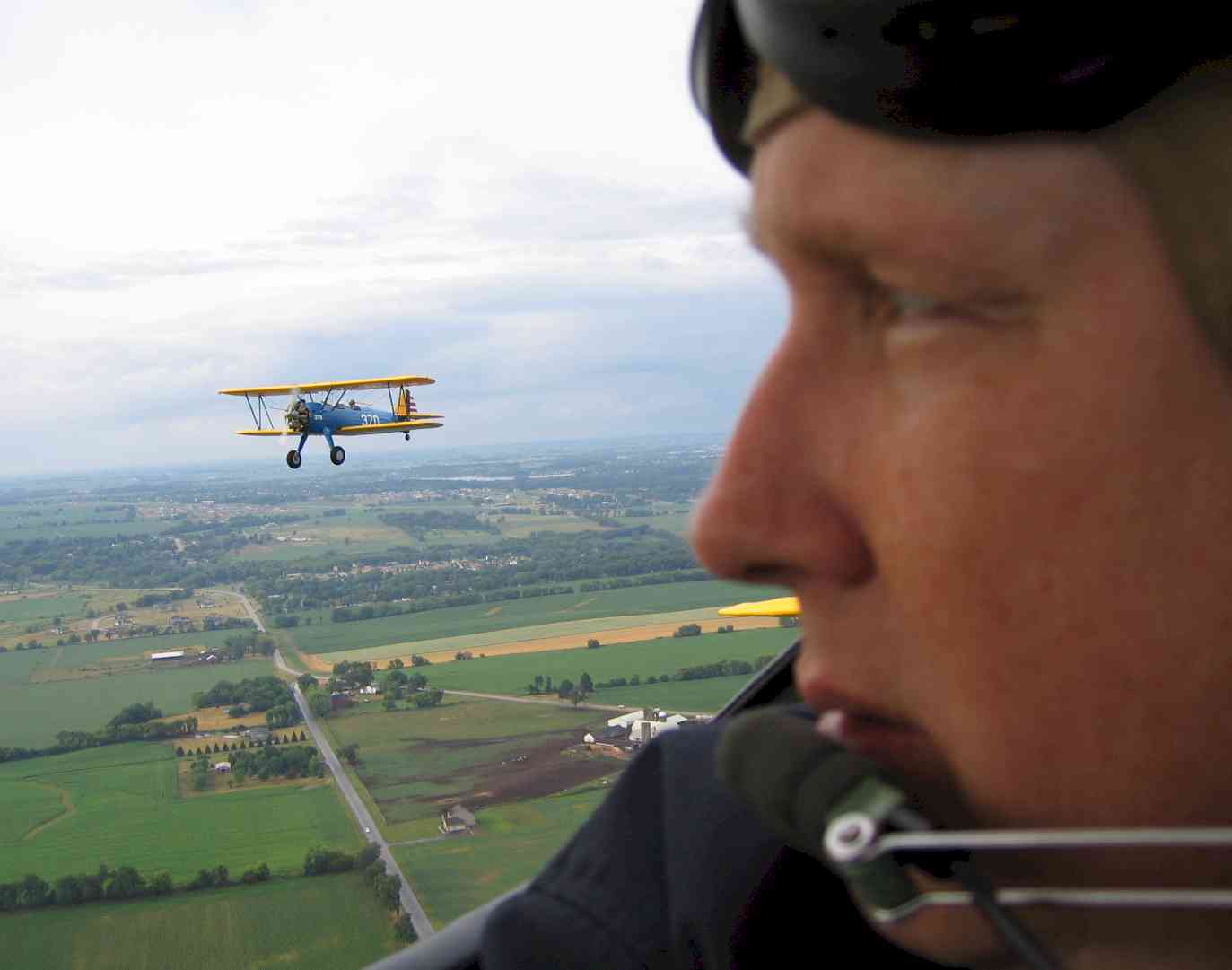In the last week, I've listened to the uproar surrounding the recent decision by the Transportation Security Administration (TSA) to allow passengers to carry small tools and certain sizes of scissors on board airliners. Some airline workers, Flight Attendants in particular, have expressed their dismay that passengers will now be able to carry sharp objects. I can understand their concern. The potential threat of being attacked by a terrorist or, much more likely, a simply unstable person, is certainly a bit unsettling. However, in my opinion, the TSA's decision was sensible and reasonable, and here's why:
Regardless of the presence of scissors on board, terrorists will never again be able to stage a reprise of 9/11, at least in the same way they did four years ago. By this I mean that they will not be able to disable or kill Flight Attendants, rush the cockpit and break down its flimsy door, kill the pilots, take over the airplane, and fly it into a strategic or tactical target, with the resulting loss of thousands of lives. The improvements that have been implemented since then have insured that the deadly chain I mentioned above will end with the first step. The physical security of airplanes has greatly improved, security screening is much more sophisticated and thorough, crew procedures have changed, and a lot of stuff I can't talk about has been done to ensure that no one will make it into the cockpit. Even if someone tries, today's passengers will almost certainly jump in to help prevent it.
As much as Flight Attendants hate to talk about it, here's the whole crux of the matter: The cockpit is safe. In the big picture, that is what will prevent another 9/11-style aerial attack on America. The worst that could happen if a terrorist cell brought these newly-allowed items onto an airliner is that a couple of passengers or crewmembers behind the cockpit door could die. That's a horrifying thought, of course, and I'm completely sympathetic to the plight of those who might be exposed to a situation like that. But an attack on several individuals (who might, one could argue, be exposed to the same type of attack in any public venue on earth, at any time) is not an attack that will destroy a large chunk of a major city, send the entire nation into an unprecedented economic down-spiral, result in monumental lifestyle changes for many of the country's citizens, and result in military action in several locations around the globe.
Scissors, or even knives, are not the issue. As has been pointed out in many media outlets in the past week, a trained person can kill another human being with a pair of credit cards. (No, I'm not going to re-publish the details here.) The metal forks now distributed by my airline during meals are much more of a threat than the blunt, plastic knives that were introduced after 9/11. Why don't we outlaw seatbelts on airliners? After all, they can be used to strangle someone.
People who live and work in a public venue simply cannot be assured of constant safety. That's a fact of life, and sometimes we forget it. In fact, the new scissor restriction is far more restrictive (and therefore safe) than what we all lived with just five short years ago, when you could bring all sorts of items onto airplanes. All the new guidelines do is return us to a more rational, convenient world, where we can bring along some of the little convenience items we all used to carry.
I'll say it again. Even if a bad guy managed to smuggle a foot-long machete, a loaded semiauto pistol, a chainsaw, a box-cutter, a set of handcuffs, and a tickle-feather onboard the plane, he would not make it into the all-important cockpit. When you really think about it, that's ALL... that...matters, in the big scheme of National Security.
As long as he's outside the cockpit door, a 9/11 copycat terrorist is powerless. Think about it.
About Me

- Buck Wyndham
- I'm a professional pilot, videographer, writer and entrepreneur. I'm also a fan of technology used for good, not evil. I think uplifting music, photography, and video just might be able to save the world.
